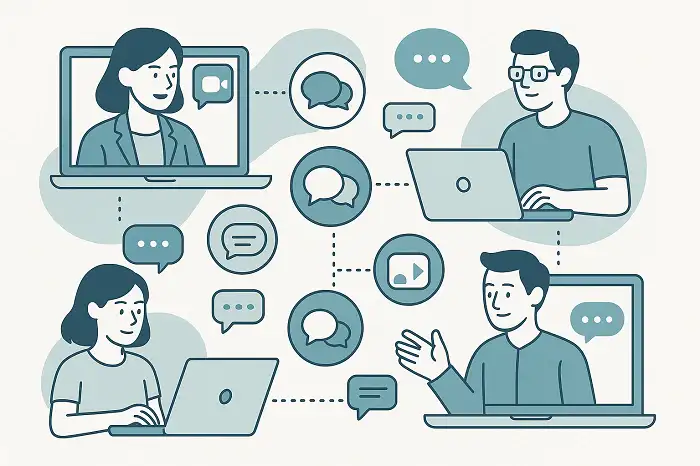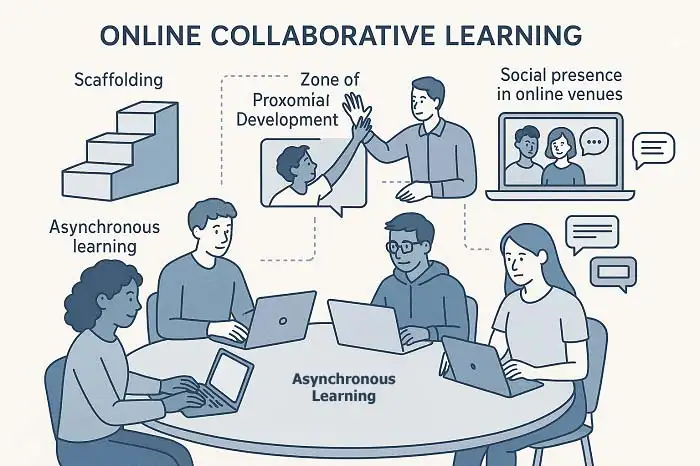IELTS Listening Practice Stay Focused IELTS Listening Practice Stay Focused About this activity This activity is labeled round table by Dr. Hariri, the creator and administrator of LELB Society. This activity is on the premise of Flipped Learning, according to which the students watch a video before the class, carry out research into the selected theme, and prepare themselves for an informed discussion in the class. This activity is on the basis of both synchronous and asynchronous computer-mediated communication (CMC), according to which the students are also encouraged to be active even before the class. In this flipped classroom activity, the students are encouraged to utilize the comment form at the bottom of the post to to exchange their questions, findings, and experiences with each ...
Home » Listening Practice in English » IELTS Listening Practice Stay Focused

IELTS Listening Practice Stay Focused
Updated: by Dr. Mohammad Hossein Hariri Asl
Time to Read: 5 minutes | 326 Views | 17 Comments on IELTS Listening Practice Stay Focused
Share This Post
About the Author
Dr. Mohammad Hossein Hariri Asl is an English and Persian instructor, educator, researcher, inventor, published author, blogger, SEO expert, website developer, entrepreneur, and the creator of LELB Society. He's got a PhD in TEFL (Teaching English as a Foreign Language).
Number of Posts: 4243



7. What is the meaning of “jive”? [Time 3:24]
This is Question 8.
6. What do we need to do when our boss asks us an unexpected question in a meeting?
This is Question 7.
6. Why is it so hard these days to stay focused?
5. What does NICU stand for?
In the context of psychology and neonatal care, NICU stands for Neonatal Intensive Care Unit. It’s a specialized hospital department that provides intensive medical care to premature or critically ill newborns. Psychologists in the NICU support not only the infants but also their families, helping them cope with the emotional and psychological challenges of having a baby in intensive care.
4. How the most productive people and the most productive companies can stay focus?
Corrections:
How can X & Y stay focused?
Thank you so much.
You’re welcome.
3. How can we anticipate what we do not expect by the mental models?
Anticipating the unexpected using mental models involves developing flexible frameworks that help us understand and navigate complex situations. Mental models are cognitive tools that allow us to simulate different scenarios, identify potential outcomes, and recognize patterns. By expanding our range of mental models, we can better anticipate and respond to unforeseen events.
2. Why do some people think so much better?
Some people seem to think better due to a combination of factors, including cognitive abilities, habits, and environmental influences. Genetic factors can play a role in one’s cognitive capacity, but equally important are the practices and habits cultivated over time.
1. what is the mental models?
Corrections:
What are mental models?